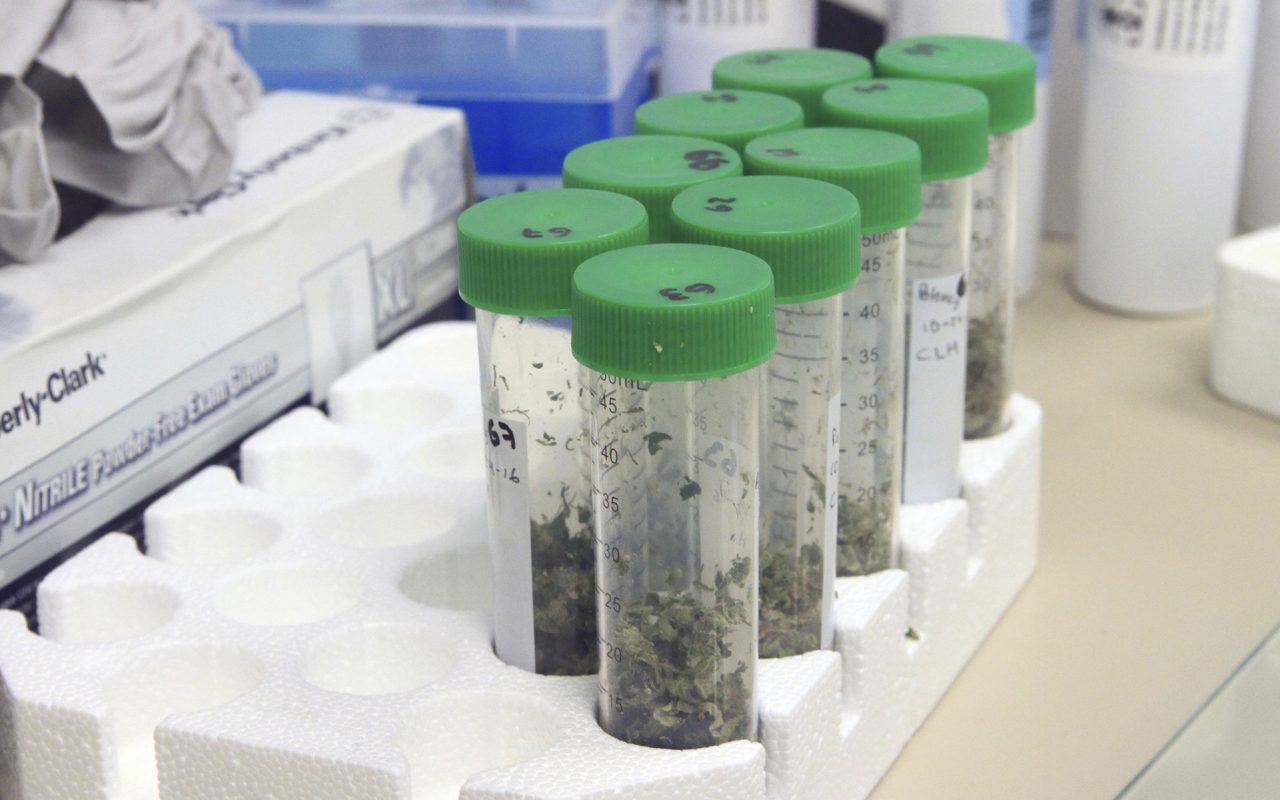California moves into uncharted testing terrority.
As the July 1st deadline approaches for California’s Cannabis testing requirements, the state prepares for its largest bottleneck to date. Since the roll out of California’s Medical and Adult Use of Cannabis Regulation & Safety Act, also known as MAUCRSA, the state has been proactive in awarding and auditing existing temporary license holders. The state gave cannabis businesses a 6 month transition period to help ease into the new regulations. It gave operators 6 months to comply to packaging requirements, sell through untested and improperly packaged products, as well as products who did not meet the states THC limit requirements. Once the old inventory is cleared out, experts say, licensed retailers might be looking at a new problem— a cannabis shortage.
“The lack of clarity in regards to the testing requirements between the state and licensed operators, has essentially created a rush for licensed operators to offload their untested cannabis. That coupled with the shortage of testing labs in some areas, and you have a recipe for disaster.” said Bobby Uppal, Senior Consultant of Clear Horizon Management Group in Sacramento. “Some areas like California’s Central Valley, will leave operators struggling to get products tested in a timely fashion with the lack of licensed testing labs in the area. When you add in the retailers who cleared out all untested inventory, now the shortage really starts to effect the market.”
SIMILAR STORIES: A breakdown of California’s Microbusiness license.
So what changes July 1st? Well, operators will now be required to meet the regulations the state granted them a grace period for.
Operators will now be required to test all product and obtain a certificate of analysis for all products. Verifying the product was tested for THC potency, as well as possible contaminants and pesticides.

Current regulations from the state have allowed retailers put products in child-resistant packaging at the time of sale. But starting July 1, distributors will be responsible for ensuring products are in child-resistant packaging before sending them to retailers. In addition distributors must ensure all labels have lab results, a universal symbol for cannabis products, the date the product was made and a safety warning. Edibles and other manufactured products must list ingredients and nutrition information.
The will be new THC limits will be strictly enforced. Edibles will only be allowed to have 100 milligrams of THC per package, and they must be parted into 10-milligram servings. Non Edible cannabis products, such as oils and topicals, will only be allowed to have 1,000 milligrams of THC if they’re for recreational consumers. They can have 2,000 milligrams of THC if they’re sold to medical marijuana patients.
With less than 3 weeks left until testing requirements kick in many testing labs are urging distributors to begin the process of building a relationship with your licensed testing facility now, and do not wait until the last minute. Preparing for the possible bottleneck now will make the transition easier not just for the distributor but for the testing labs as well. Companies that haven’t had their products tested could be in for a rude awakening if they discover they have clean-up work to do before they can send items to market. That, in turn, could leave shops without enough legal product to sell.
While the potential bottleneck exists, in the end creating a safe product for consumers is well worth the potential hiccups operators may face. Creating consistency and standardization testing requirements will benefit consumers in the long run, ultimately putting the face of the cannabis industry in a safer light for all.
